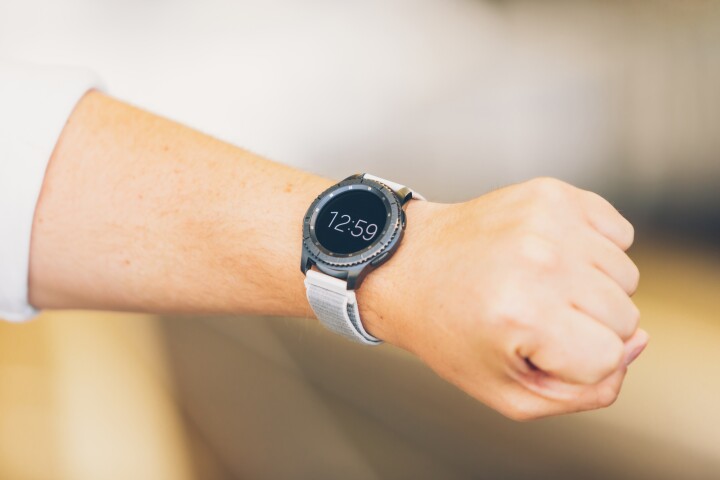Bacteria
-
For the estimated 800 million people worldwide with acne, a successful new treatment would have a profound impact on quality of life. Scientists hope their new treatment method, using a drug that's unique in human medicine, will be the 'magic bullet.'
-
Not only are colonoscopies invasive and uncomfortable, they may also miss gut-problem-related biomarkers that are only present in the body for a short time. A new "smart pill" is designed to address such shortcomings, using live light-up bacteria.
-
While gingivitis can lead to tooth loss, the bacteria responsible for the gum disease can also enter the bloodstream and cause heart disease. That's why early detection is important, which is where a new home testing kit may soon come in.
-
We often hear of cyanobacteria as being the cause of toxic algae blooms in lakes. Soon, however, a 3D-printed material that incorporates the microbes may be used to purify polluted water – and after the bacteria are finished, they'll kill themselves.
-
Scientists have demonstrated in mice that specially designed probiotics can reduce brain inflammation from diseases like multiple sclerosis. The study points to new potential therapies for chronic conditions that may be as simple as popping a pill.
-
A new study has found that almost all wristbands harbor bacteria that have the potential to make us sick, but some wristband materials are prone to higher bacterial counts than others. It's a reminder to regularly sanitize these commonly used items.
-
Certain gut bacteria have been linked to colon cancer, but now they might get a chance at redemption. Scientists have engineered “pickpocket” bacteria to detect colorectal cancer, with a 100% success rate in mouse tests.
-
Decades of work has paid off, with scientists developing a potent new synthetic molecule that swiftly knocked out 285 strains of bacteria it was tested on, setting it up as a valuable ally in our fight against a looming superbug infection crisis.
-
While “don’t mess with Texas” may have originated as a littering campaign catchphrase, scientists from the southern state have aimed that mantra at waterborne bacteria, creating a drinking cup that kills pathogens that cross its electric field.
-
We’re losing the arms race against bacteria as they increasingly develop resistance to our best drugs. Now scientists have identified a new class of molecules that disable a major superbug weapon, which could make existing antibiotics effective again.
-
For all its uses, plastic is unfortunately one of our least sustainable materials. Now, scientists at Berkeley Lab have developed a way to engineer bacteria to produce raw materials that can be made into plastics that are completely recyclable.
-
Viruses may get a bad rap, but some of them can be helpful to fight off bacterial infections. ETH Zurich scientists have demonstrated a new way to use them to diagnose which bacteria is causing a UTI, and then launch a stronger attack against them.
Load More











